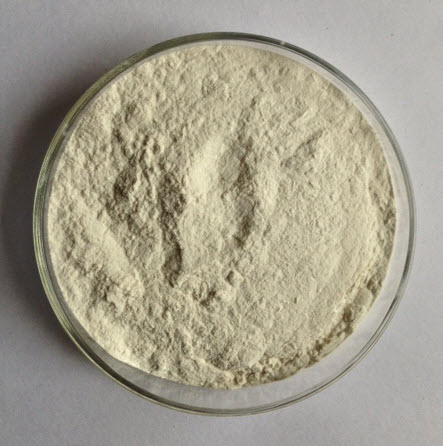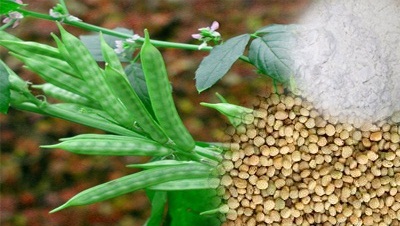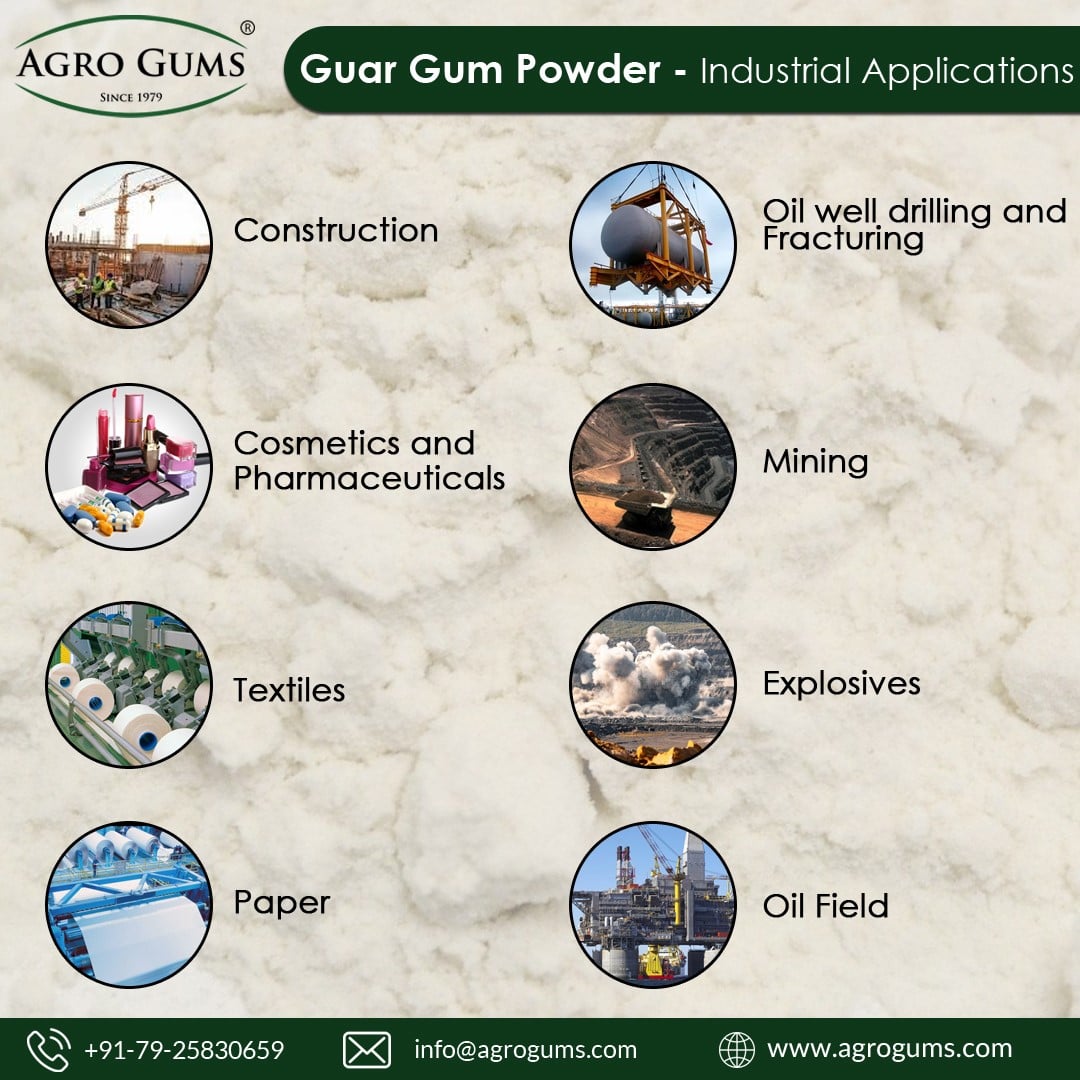In an ever-growing world with a constantly increasing demand for food, it is essential to explore innovative solutions to enhance crop yield and improve soil health. Guar gum powder has emerged as a potential candidate for achieving these goals. Its unique properties make it a valuable asset in modern agriculture, offering promising results in numerous studies and practical applications.
Enhancing Crop Yield with Guar Gum Powder
One of the primary advantages of guar gum powder in agriculture is its ability to enhance crop yield. When used as a seed coating or incorporated into the soil, it forms a protective layer around the seeds, ensuring better germination rates and increased plant survival. Additionally, guar gum powder improves water retention in the soil, reducing the risk of drought stress and improving crop performance.
Improving Soil Structure and Water Retention
One of the key advantages of using guar gum powder in agriculture is its ability to improve soil structure. When applied to the soil, it acts as a binding agent, helping to create aggregates that improve the soil's physical properties. These aggregates enhance soil porosity, allowing better air and water movement. As a result, the soil can retain moisture for longer periods, reducing water stress on crops during dry spells.

Enhancing Nutrient Availability and Uptake
Guar gum powder plays a vital role in optimizing nutrient availability and uptake by plants. It acts as a chelating agent, forming complexes with nutrients such as nitrogen, phosphorus, and micronutrients. These complexes prevent nutrient leaching and keep them readily available for plant roots. The improved nutrient availability leads to enhanced plant growth, development, and ultimately, higher crop yields.
Improving Soil Health with Guar Gum Powder
Healthy soil is the foundation for robust plant growth. Guar gum powder plays a vital role in improving soil health by enhancing its structure and fertility. It increases soil porosity, allowing better air circulation and water infiltration. Moreover, the gum's natural properties stimulate beneficial microbial activity, promoting nutrient cycling and creating a favorable environment for soil organisms.
Controlling Weeds and Pest Infestations
Weeds and pests can significantly impact crop productivity. Guar gum powder can be utilized as a natural alternative for weed and pest control. When applied as a coating on seeds or as a spray, it forms a physical barrier that inhibits weed germination and pest infestation. This reduces the reliance on synthetic herbicides and pesticides, promoting a more sustainable approach to farming.

Application Methods of Guar Gum Powder in Agriculture
To harness the benefits of guar gum powder effectively, various application methods can be employed. Seed coating, soil incorporation, and foliar spraying are common techniques used by farmers and researchers. Each method offers distinct advantages, depending on the crop type, growth stage, and desired outcomes. Proper application ensures maximum utilization of the gum's potential and provides optimal results.
Compatibility with Other Agricultural Inputs
In modern agriculture, farmers often utilize multiple inputs to achieve desired outcomes. The compatibility of guar gum powder with other agricultural inputs, such as fertilizers and pesticides, is an essential factor to consider. Studies have shown that the gum exhibits excellent compatibility with commonly used inputs, allowing farmers to incorporate it seamlessly into their existing practices.
Environmental Considerations
Sustainable agriculture practices are of paramount importance in today's world. Guar gum powder aligns well with this objective as it is a natural, biodegradable product. Its eco-friendly nature ensures minimal environmental impact, making it a desirable choice for farmers seeking to adopt sustainable farming methods.
Compatibility with Sustainable Farming Practices
In recent years, there has been a growing emphasis on sustainable farming practices. Guar gum powder aligns well with this approach as it is a natural product with low environmental impact. Its biodegradability and non-toxic nature make it suitable for organic farming systems. Additionally, the water-retention properties of guar gum powder contribute to efficient water usage, an essential aspect of sustainable agriculture.
How to Use Guar Gum Powder in Agriculture?
Guar gum powder can be applied to the soil through various methods, such as seed coating, soil incorporation, or foliar spray. The appropriate application method depends on the specific requirements of the crop and the desired outcome. It is important to follow recommended dosage guidelines and consult with agricultural experts to ensure optimal results.
Web Design & Digital Marketing by Opal Infotech


